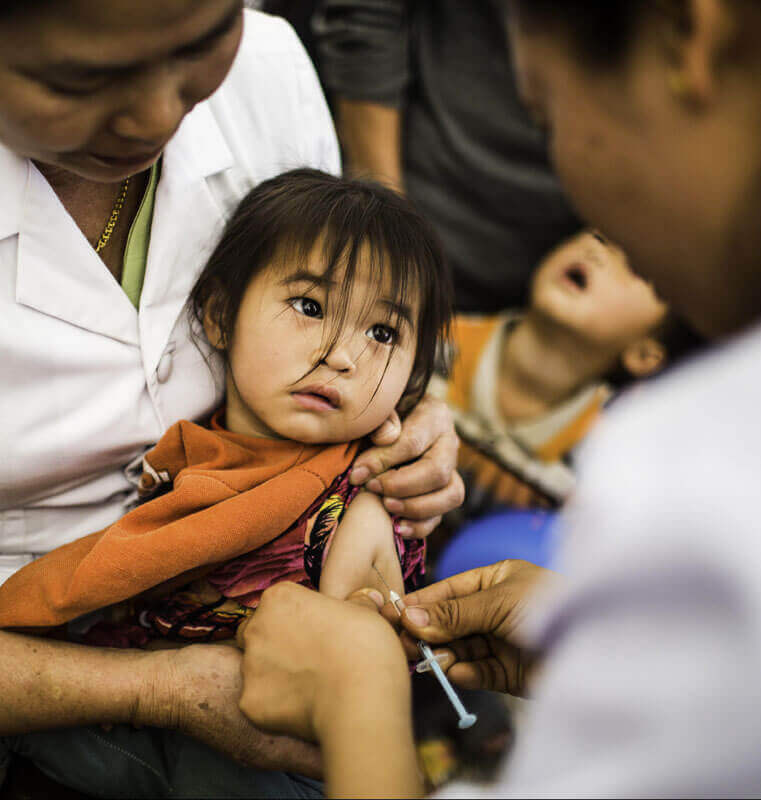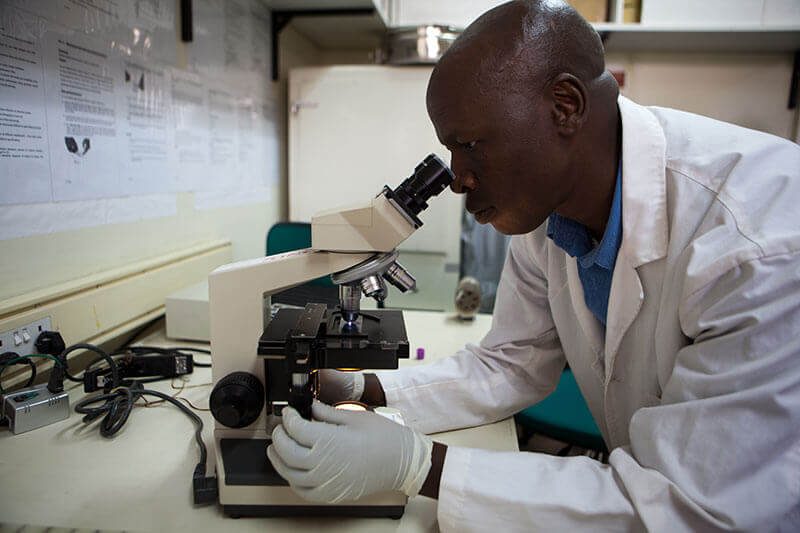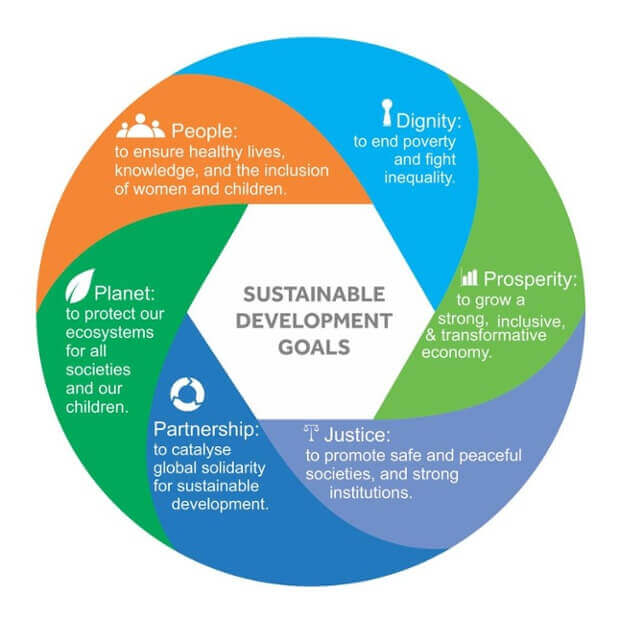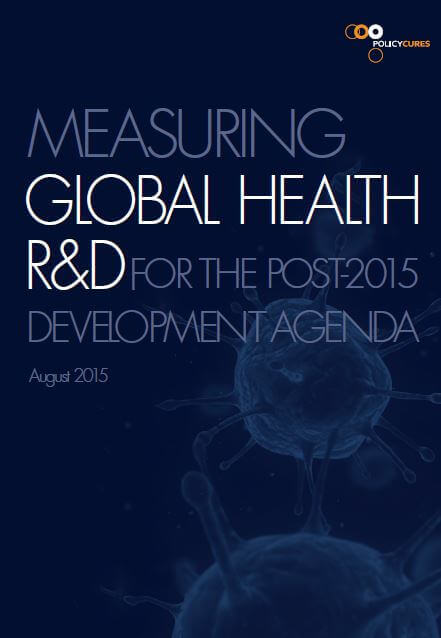Erin Will MortonGHTC
Erin Will Morton is the Director of GHTC.

Later this month global leaders are poised to approve the Sustainable Development Goals (SDGs), but a new report commissioned by a leading group of health nonprofits including GHTC warns that the SDG targets will not be achieved without the development and introduction of new and improved health technologies to address the health needs of the world’s poorest people.
The report calls for the United Nations (UN) and its Member States to acknowledge the importance of global health research and development (R&D) in the SDGs and to include robust indicators in the monitoring framework to measure progress in advancing the development and accessibility of urgently needed new health technologies. The report includes a short list of recommended global health R&D indicators for inclusion in the global and national SDG monitoring frameworks.
For the SDGs to be a success, it is vital they recognize the importance of R&D for global health
There is no doubt the world has achieved enormous gains in health over the past few years—since 1990, we’ve halved child deaths, reduced maternal deaths by 45 percent, and achieved significant progress in fighting leading killers like HIV and AIDS, tuberculosis (TB), and malaria.

Yet significant health challenges continue to weigh on the global economy and stand as barriers to poverty reduction and economic prosperity—particularly in low- and middle-income countries (LMICs) where their burden is most severe. Without addressing these challenges, we won’t achieve the ambitious goals of poverty reduction and economic prosperity envisioned in the SDGs.
Recognizing the link between health and economic prosperity, global leaders included within the SDGs ambitious targets for reducing maternal and child mortality; ending the epidemics of HIV and AIDS, malaria, TB, and neglected tropical diseases; and addressing other health challenges. The problem? We can’t reach those targets using only the health tools we have today. The major disease-specific global strategies whose targets align with those in the SDGs clearly acknowledge this reality. For example, meeting the target of ending the epidemic of TB by 2030 will require new, effective drugs to treat the growing problem of multidrug-resistant TB. Likewise, without new tools to treat and prevent HIV transmission, the scale-up of existing tools will prove insufficient to achieve the end to HIV and AIDS by 2030 as envisioned in the SDGs.
Despite its importance, global health R&D is largely missing from the SDG agenda

Despite the importance of global health R&D to achieving the SDGs, it’s largely missing from the current agenda. Only one of the 169 targets—target 3.b—is specifically aimed at advancing R&D to meet the health needs of LMICs, and, unfortunately, it excludes several important categories of health interventions including diagnostics, microbicides, devices, and other health tools, and it conflates two distinct problems—the need to support R&D to develop new tools and the need for those new tools to be affordable and accessible. Furthermore, none of the UN proposals for SDG indicators include any that can adequately measure progress on global health R&D.
Delivering the next generation of lifesaving health technologies will require strong political commitment and the mobilization of resources from all nations to support health innovation. To make that happen, it’s critical that the SDGs explicitly acknowledge the importance of global health R&D and measure progress toward it.
An opportunity to incorporate global health R&D in the SDG monitoring framework

While the SDG goals and targets are now set, the indicators will not be finalized until later next year. Given the marginalization of R&D in the goals and targets, it will be vital that effective indicators to measure global health R&D are included in the SDG monitoring framework.
Based on an extensive landscaping and consultative process to identify potential indicators and further analysis of their feasibility, data availability, level of community endorsement, appropriateness, and cross-cutting potential, the report recommends three indicators to measure health R&D for inclusion in the global monitoring framework:
The report also calls on Member States to voluntarily adopt national indicators to monitor progress on global health R&D if appropriate for their circumstances, recommending five additional indicators for this purpose:
These indicators will help the global community monitor progress on advancing global health R&D, while creating very little additional burden on statistical offices. A win-win all around.
With the right health tools, the world can achieve the SDGs. But to develop and deliver those tools, we need to mobilize greater resources and political commitment to support health R&D and put in place mechanisms–like indicators–to hold us accountable to make it happen. The SDGs present an opportunity to transform the future of global health through innovation. Will we grasp it?
Learn more: